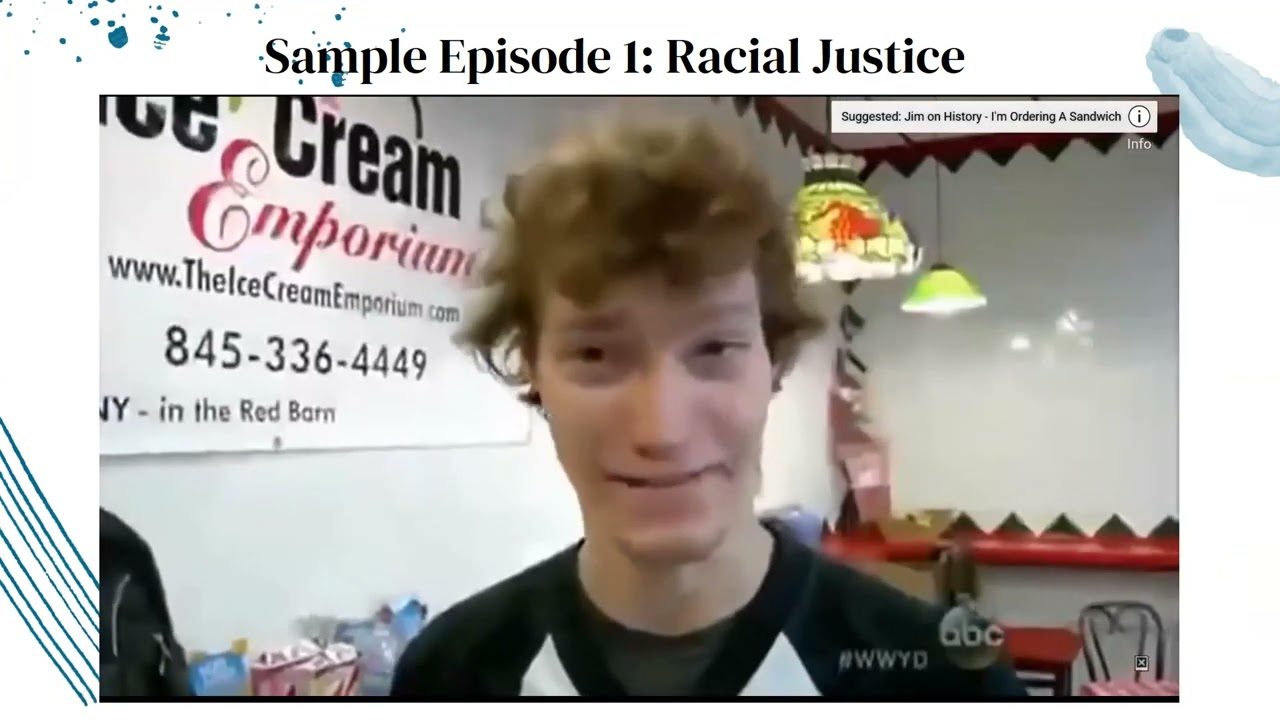ISTES Organization
USING YOUTUBE-WWYD TO TEACH PRAGMATICS WITH SEMIOTICS FOR SOCIAL JUSTICE IN TEACHER EDUCATION
Lucia Y. Lu, Valdosta State University, United States of America / Liana Zhou, Indiana University-Bloomington, United States of America
(Presented at the International Conference on Life Sciences, Engineering and Technology (iLSET) April 21-24, 2022, Los Angeles, CA, https://www.2022.ilset.net/ organized by International Society for Technology, Education and Science ((ISTES)-http://www.istes.org)
In the course of Exploring Sociocultural Perspectives on Diversity, the authors used YouTube-wwyd (YouTube what would you do?) to teach pragmatics with semiotics for social justice in teacher education. Pragmatics is the study of how language is used in communication, and covers a wide range of phenomena. In this research, the focus is particularly concerned with appropriateness, both with regard to what is said in a particular context and how it is said. Learners have to learn when it is appropriate to perform a particular language function and how to encode it. Learners frequently experience difficulties with both. Semiotics is the study of signs including arts, music, dance, drama, storytelling, and roleplaying. The results revealed that teacher candidates are able to distinguish Sociopragmatic failure, which problems occur when learners produce socially inappropriate behavior and Pragmalinguistic failure, which occurs when learners do not express themselves in a linguistically appropriate manner. Moreover, the teacher candidates demonstrate their cognitive comprehension for critical thinking in various social, cultural, racial and linguistic contexts for a society without race/ethnicity. Recently, we have experienced the marked increase in hatred, crime, discrimination and violence against Asian Americans, African Americans, and Hispanic Americans, educating the educators is more important than ever in a more degraded and corrupted society. The scenarios created by Mr. Chris Whipple, the teacher, writer, social media journalist and media maker since 2009 listed in this manuscript are the popular films that teacher candidates selected to watch and presented in semiotic forms like music, dance, drama, storytelling and roleplaying for their assignments on “What would you Do?” based on their conscience, humanity, empathy and morality.
